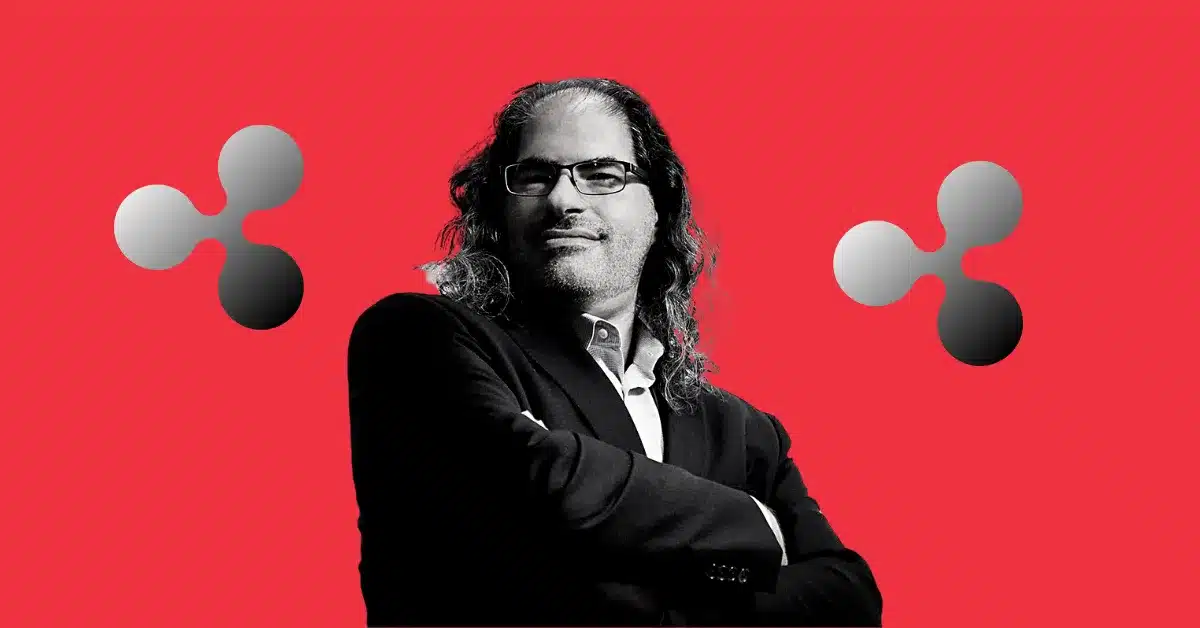Ripple’s Chief Technology Officer, David Schwartz, recently engaged in a heated debate on the social media platform X (formerly Twitter) about Bitcoin halving and the idea of converting U.S. Treasuries into Bitcoin. It started after the 2024 Bitcoin Conference when Senator Cynthia Lummis said the Trump administration planned to transfer excess reserves at 12 Federal Reserve banks to Bitcoin within five years.
Paul Vigna, the author of “The Age of Cryptocurrencies,” criticized the plan, pointing out Bitcoin’s extreme volatility as a significant risk. Another user on X questioned the practicality of using the Bitcoin blockchain significantly when transaction fees increase due to network congestion. They also expressed doubts about the efficacy of such an approach when it included a third party in the transaction through a blockchain application.
Read Also: Ripple CTO Stirs the SEC over Ethereum Policy Comparison with China’s Bitcoin Strategies
In response, Schwartz emphasized that using the Bitcoin blockchain or a third party depends on the user’s needs and spending limits. He stated that the blockchain enables the exchange of ownership of bitcoins; however, a central body like a custodian could do the same thing. Looking at what Schwartz said about it, the blockchain of Bitcoin has been said to provide an essential quality of service and can be used directly if not outcompeted by another by the need of a particular application.
Debate on Bitcoin Halving and Market Manipulation
Another topic mentioned in the discussion was the bitcoin halving cycle and limited quantity theory, which one user considered a scam to pump bitcoin prices. Schwartz expunged this assertion, asserting that supply restriction cannot be regarded as an evasion of market manipulation since it’s declared and open. He said, “Restriction of the supply of something is, of course, and unconditionally not market manipulation because it does not influence the market. “
The discussion then moved to Ethereum, where the same person criticized the ETH Merge and ETH staking as schemes to defraud people. Schwartz said all these accusations were nonsensical and defended Ethereum’s practices as legitimate.
Schwartz’s interactions on X demonstrate that there are still different discussions in the cryptographic money world concerning the feasibility and morality of the square and digital resources. His comments, therefore, speak to these issues and the existence of controversy and differences in the domain.
In conclusion, the discussions on X reflect broader concerns and debates within the cryptocurrency community about the future of digital assets, blockchain technology, and market practices. These controversies turned into rather heated discourses; however, Schwartz’s ideas enrich the further discussions on cryptocurrencies.
Read Also: Ripple Launches RLUSD on Ethereum and XRPL Amid Regulatory Watch
